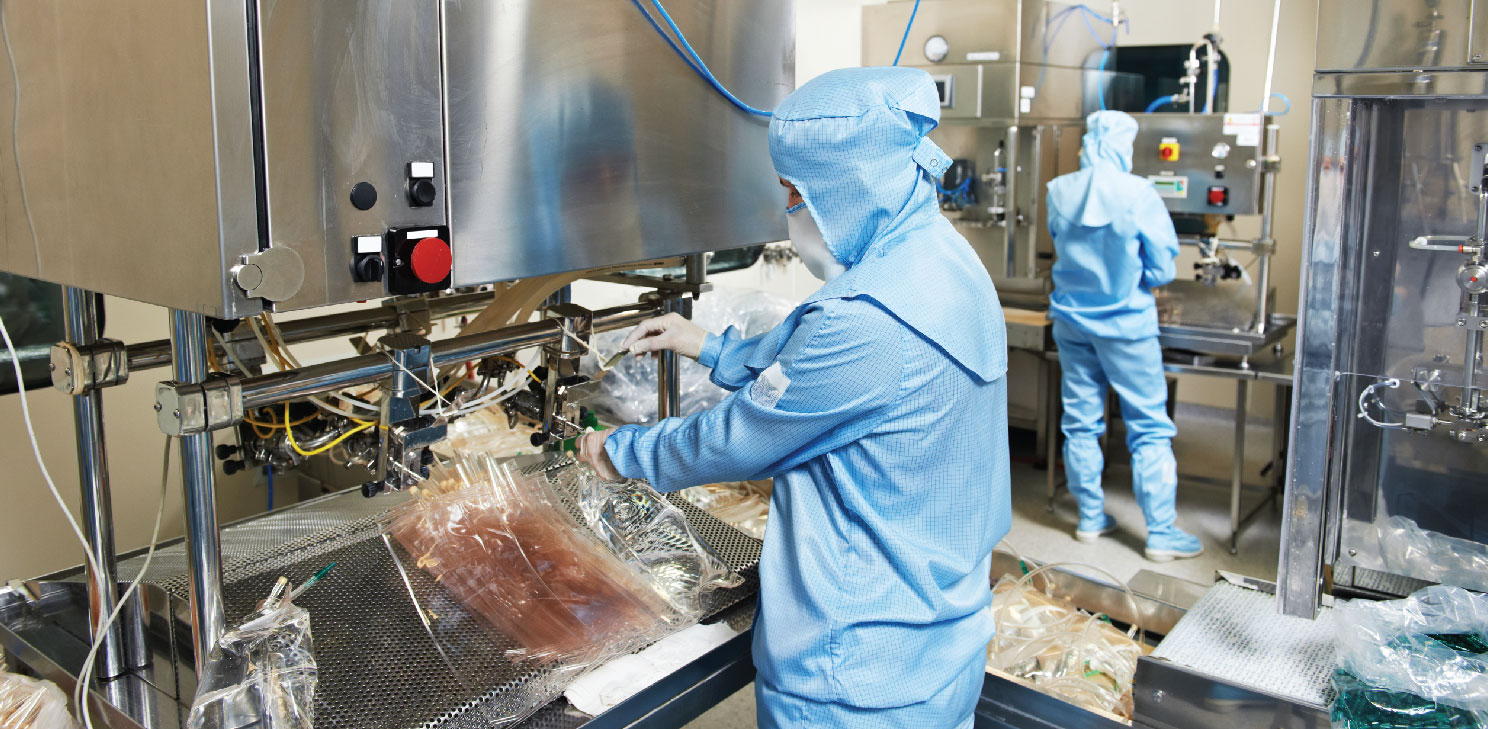The COVID-19 pandemic showed that hospitals have to consider investing in HVAC systems with the appropriate components and infrastructure to provide an environment required to support acuity-adapted isolation spaces for airborne pathogens like coronavirus or other viruses. One of the most critical factors in infection prevention is the design and maintenance of HVAC systems. Properly functioning HVAC systems can reduce airborne transmission of infections, regulate indoor air quality, and protect both patients and staff.
Air Filtration and Ventilation
HVAC systems must be designed to provide consistent airflow, with a focus on removing airborne contaminants. In spaces like operating rooms, ICUs, and isolation rooms, it’s essential to use HEPA filterswhich can capture at least 99.97% of airborne particles as small as 0.3 microns, including viruses, bacteria, and other microorganisms. Ventilation systems should be designed to achieve the correct air changes per hour (ACH) based on room function. Effective filtration and ventilation prevent the buildup of pathogens in the air, reducing the likelihood of infections spreading within the hospital.
Maintaining Negative and Positive Pressure Rooms
HVAC systems need to maintain negative pressure or positive pressure to keep infectious particles from escaping into other areas or prevent them from entering the room, respectively. Maintaining proper pressure differentials is a precise process, and even small deviations can compromise infection control. HVAC systems must be routinely inspected and calibrated to ensure that both positive and negative pressure rooms function as they should.
Humidity and Temperature Control
Excess humidity can encourage mould and bacteria growth, while low humidity can dry out mucous membranes, making patients more susceptible to infections. HVAC systems should also maintain optimal temperatures tailored to each healthcare setting. An efficient HVAC system ensures that both temperature and humidity levels remain within the recommended range, contributing to a safer environment for patients.
Regular Maintenance and Monitoring
Routine maintenance and real-time monitoring of HVAC systems are essential to maintain infection control in healthcare settings. Mechanical components, filters, and sensors need to be checked regularly to ensure they function correctly. Any failure or breakdown in the system could have serious implications, leading to the spread of airborne diseases. Modern HVAC systems can be equipped sensors that have continuous monitoring of all factors, ensuring that a maintenance team is utilised immediately when any deviations occur and correct them, maintaining the highest infection control standards.
To discuss healthcare facility construction and the key issues facing the industry, connect with solution providers and network with delegates, attend the Healthcare Facility Design and Build Summit taking place on November 4-5, 2025, in Nashville, Tennessee, USA.
For more information, visit our website or email us at info@innovatrix.eu for the event agenda. Visit our LinkedIn to stay up to date on our latest speaker announcements and event news.










